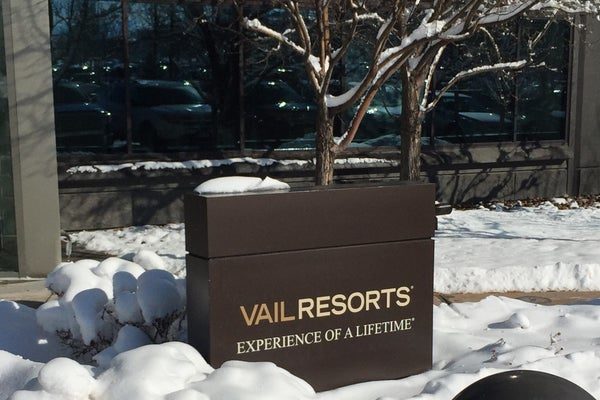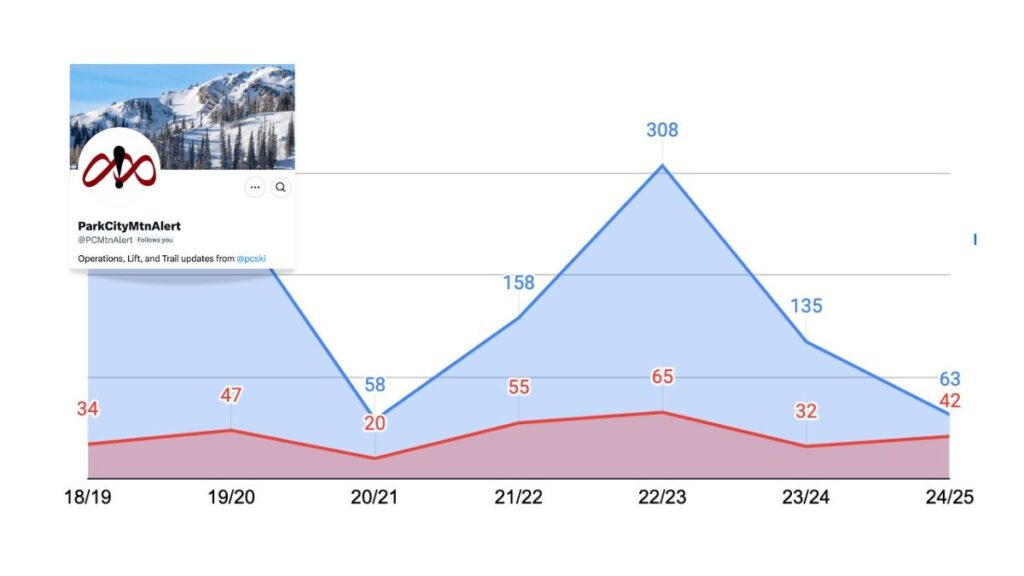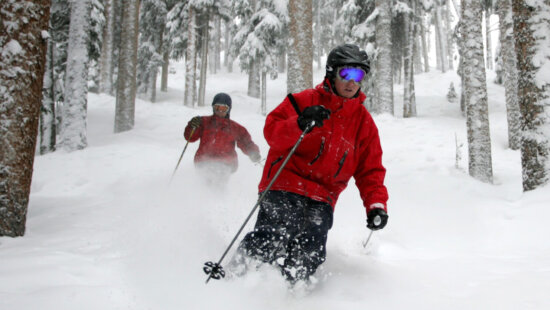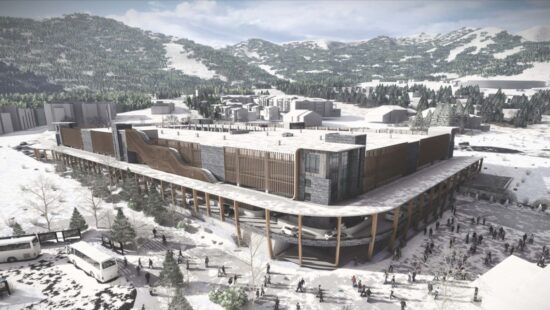Business
Class-action lawsuit filed against Vail Resorts, alleging consumer deception during ski patrol strike

Vail Resorts HQ in Broomfield, Colorado. Photo: Snowbrains
Legal representation for the lawsuit compared the situation at Park City Mountain to booking a hotel room but only being allowed to use the bathroom. "It’s just bad business," he said. "Consumers deserve transparency, and companies have a duty to deliver on their promises."
PARK CITY, Utah – Three law firms have filed a class-action lawsuit against Vail Resorts, Inc. (NYSE: MTN), accusing the company of “deceptive and fraudulent business practices” for failing to disclose the impact of a ski patrol union strike during the peak holiday season at Park City Mountain Resort.
The lawsuit, filed in U.S. District Court for Utah, alleges that Vail Resorts knowingly sold lift tickets and services while 80% of the resort’s operations were affected by the strike. The complaint claims guests faced long lift lines and limited skiing, falling short of the experiences they were promised.
Mel Orchard, a partner at the Spence Law Firm, said there are consumer protection laws in place, like the Utah Consumer Sales Practices Act to protect people from false or misleading statements about the quality, price, or characteristics of goods or services.
Read More: Data reveals Park City Mountain’s open terrain hits seven year low during strike

“I think protecting our consumers is a way we protect our industry and our jobs as well. We have a lot of people come to these places and they have the right to be treated fairly,” Orchard said.
Ged Collins, who is not a part of the lawsuit at this time, traveled from Australia for a holiday vacation with his family of five. The day he was leaving Collins found out about the strike by reading about it online.
“It’s unconscionable to be short of staff for any reason at this time of the year – this is their product and they are not delivering. We sweated the lack of snow and now Mother Nature has delivered, the mountain should be open,” Collins wrote in an email to TownLift.
The Spence Law Firm, based in Jackson, WY, in partnership with Meyers & Flowers and Tarpey Wix LLC, are the three firms that have filed the class-action lawsuit. The lawsuit alleges that Vail Resorts knowingly failed to inform consumers about the strike, which significantly disrupted operations. “Guests paid for a full experience but were met with long lift lines, limited terrain, and an overall diminished skiing experience,” said Mel Orchard, a partner at the Spence Law Firm.
Citing consumer protection laws, Orchard compared the situation to booking a hotel room but only being able to use the bathroom. “It’s just bad business,” he said. “Consumers deserve transparency, and companies have a duty to deliver what they promise.”
The strike, initiated by the Park City Professional Ski Patrol Association on Dec. 27, significantly reduced operations at the resort during one of the busiest weeks of the year. Orchard noted that the lack of communication left many guests unable to make informed decisions about their vacation plans, adding that the disruption affected not just visitors but also the local economy.
Vail Resorts has not publicly commented on the lawsuit but previously attributed operational issues to weather and other factors. Park City Mountain’s COO Dierdra Walsh told local news outlets that the strike would not affect operations and that Park City Mountain would be opening all terrain as planned. The legal action alleges that the company’s messaging was misleading and failed to disclose the true impact of the strike.
The lawsuit, filed in Salt Lake City’s Central Division, is expected to face legal challenges. According to Orchard, Vail Resorts will likely file motions to dismiss or contest class certification. However, he expressed confidence in the case, emphasizing that consumer protection laws are designed to hold businesses accountable.
“This isn’t just about a single ski resort,” Orchard said. “It’s about ensuring that consumers everywhere can trust the businesses they interact with. There’s a lot of case law that helps protect consumers from this kind of situation.”
The lawsuit follows a wave of frustration from guests and locals alike, with some citing ample snowfall from a holiday storm, but minimal terrain openings at Park City Mountain Resort. Orchard highlighted the broader implications of the case, underscoring the importance of fairness in the outdoor recreation industry.




















